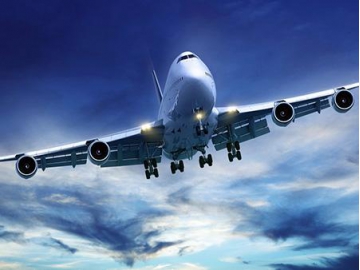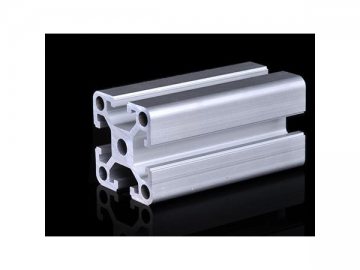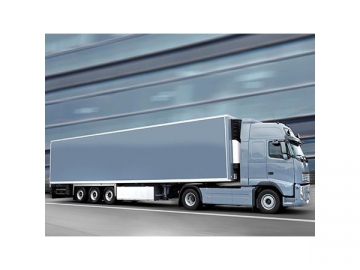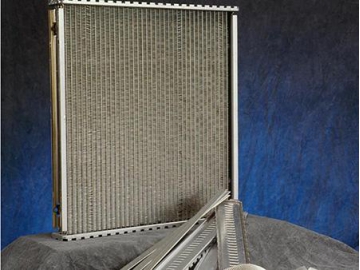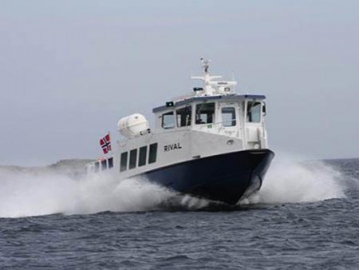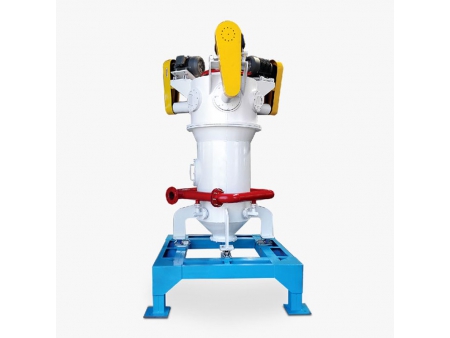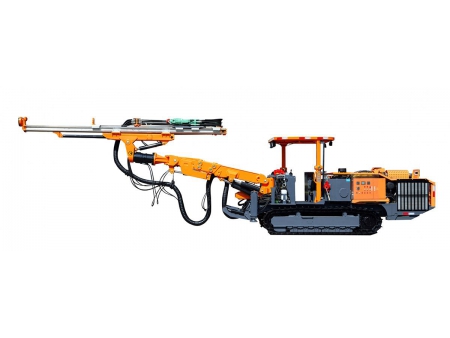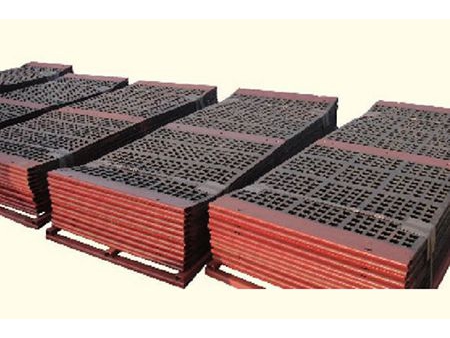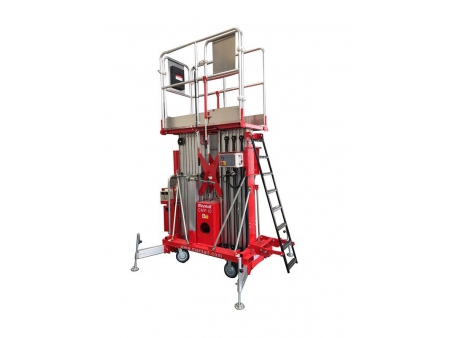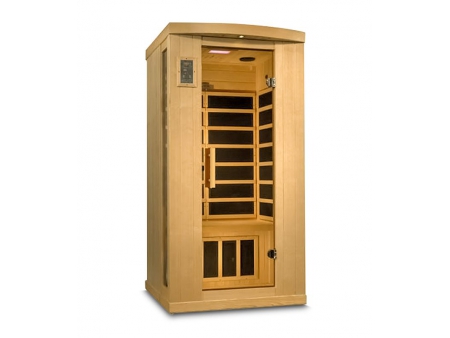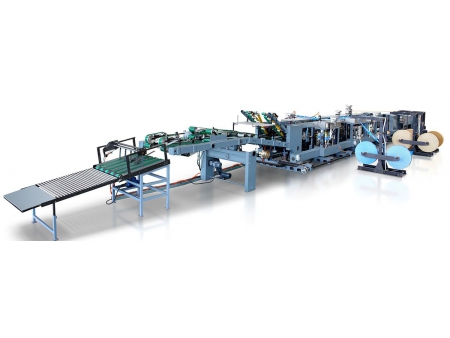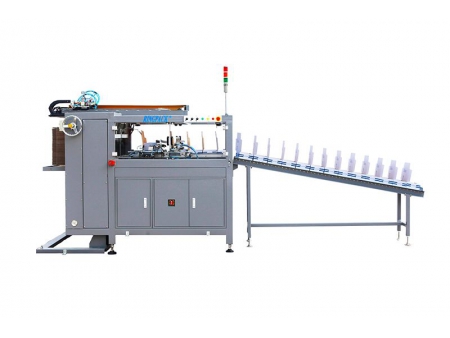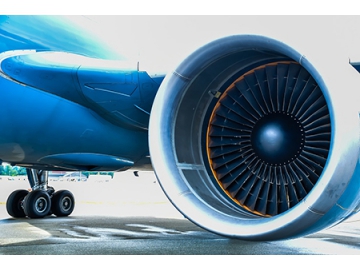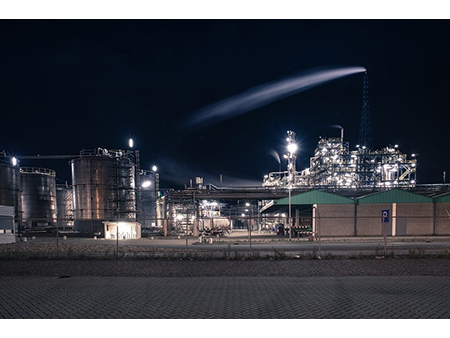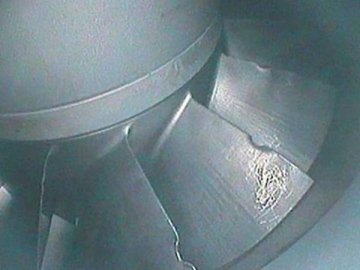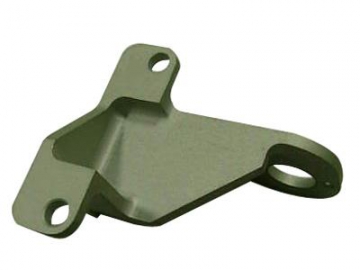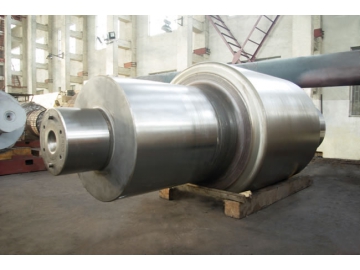Aluminum Alloys in the Aerospace and Aviation Industry
With the rapid growth of air travel, the aerospace and aviation industry is constantly building new planes to accommodate more and more passengers. These companies also seek to replace older plane models with lighter, more fuel efficient designs. Due to the high strength to weight ratio and good tolerance to extreme environments, aluminum alloys have become the ideal material for airplane and other aviation devices. Aluminum alloys can be recycled over and over, which makes them the best choice for manufacturers seeking sustainable production.
DLS Aluminum can provide aerospace and aviation industry customers with different grades of aluminum alloys which can meet ASTM, EN and GB standards. They have the following features:
①Light weight
The use of aluminum alloys greatly decrease the weight of aerospace and aviation equipment. Its weight is about 30% lighter than steel, so it can enable aerospace and aviation equipment to carry more goods or improve the power.
②High strength
The strength of some grades of aluminum alloys is even higher than steel, which enables it to replace some heavy metals without strength loss to the aerospace and aviation equipment.
③Corrosion resistance
Corrosion is very dangerous and even devastating for aerospace equipment. Aluminum has strong resistance to corrosion and chemical environments, which is also a major reason for its application in the aerospace and aviation industry.
| Alloy grade | Alloy status | Applications |
| 2024, 2219, 2A11, 2A12, 5A05, 5083, 5A06, 7075, 7050, 7055, 7085aluminum alloys | O, T4, T6, T651, T73, T74, T7651, T851, T7751 | Aircraft envelope, frame, brace girder, structural parts of carrier rocket/spacecraft, fuel tank, combustion promoter box |
